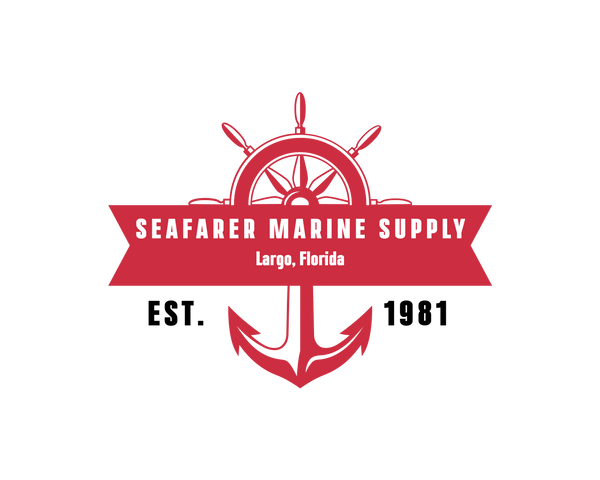Why Marine Engine Maintenance is Non-Negotiable
Share
Smooth Sailing: Why Marine Engine Maintenance is Non-Negotiable
When you're out on the open water, the last thing you want is engine trouble. Whether you’re navigating a fishing trawler, a luxury yacht, or a weekend cruiser, the reliability of your vessel hinges on one thing—proper marine engine maintenance.
Just like cars, boats rely on complex engines to perform. But unlike cars, boats operate in an environment that is far harsher—exposure to saltwater, humidity, and inconsistent usage puts marine engines under constant stress. Neglecting maintenance doesn’t just risk costly repairs—it can jeopardize safety, fuel efficiency, and even the environment.
1. Safety First—Always
A malfunctioning engine in the middle of open water is more than an inconvenience—it’s a potential safety hazard. Rough seas, strong currents, or changing weather conditions can quickly turn a stalled boat into a dangerous situation. Regular inspections and timely servicing minimize the chances of a breakdown and give you peace of mind every time you cast off.
2. Preserve Your Investment
Marine engines aren’t cheap. Failing to maintain your engine can significantly shorten its lifespan, resulting in expensive overhauls or replacements that could’ve been avoided. On the other hand, routine maintenance like oil changes, fuel filter replacements, and cooling system flushes help your engine run cleaner, longer, and stronger. Use quality OEM filters and lubricants or a premium replacement like AMSOIL to keep your engine running like new for longer.
3. Optimize Fuel Efficiency
A well-maintained engine burns fuel more efficiently. Dirty filters, clogged injectors, and worn-out spark plugs force your engine to work harder, guzzle more fuel, and produce less power. Keeping your system clean and tuned helps reduce operational costs and improves overall performance.
4. Prevent Environmental Damage
Leaking fuel, oil spills, and excessive emissions not only harm marine ecosystems—they can also lead to fines and regulatory trouble. Maintaining seals, checking for leaks, and ensuring proper combustion keeps your engine running clean and minimizes its environmental footprint.
5. Peace of Mind on Every Voyage
Whether you're planning a short fishing trip or a multi-day offshore journey, a well-maintained engine provides confidence. Routine checks reduce the chances of surprise issues and help you catch minor problems before they become major ones.
Pro Tips for Marine Engine Maintenance
-
Follow the manufacturer's schedule – Every engine has specific service intervals. Stick to them.
-
Flush after every trip – Especially in saltwater, flushing the engine prevents corrosion and buildup.
-
Inspect the cooling system – Overheating is one of the most common causes of engine failure.
-
Check belts, hoses, and clamps – Look for cracks, wear, and leaks regularly.
-
Keep a logbook – Record maintenance tasks, repairs, and engine hours to stay organized and on schedule.
In Summary
Marine engine maintenance isn't just about prolonging the life of your engine—it's about ensuring safe voyages, avoiding unexpected costs, and protecting our waters. Taking care of your engine means taking care of your boat, your wallet, and your peace of mind. The cheapest maintenance you can do to make your engine last longer is oil changes and fuel filters.
So next time you head out to sea, make sure your engine is as ready as you are. After all, a little maintenance goes a long way toward a smooth and trouble-free journey.
Visit us in store or shop online for your maintenance part needs.
